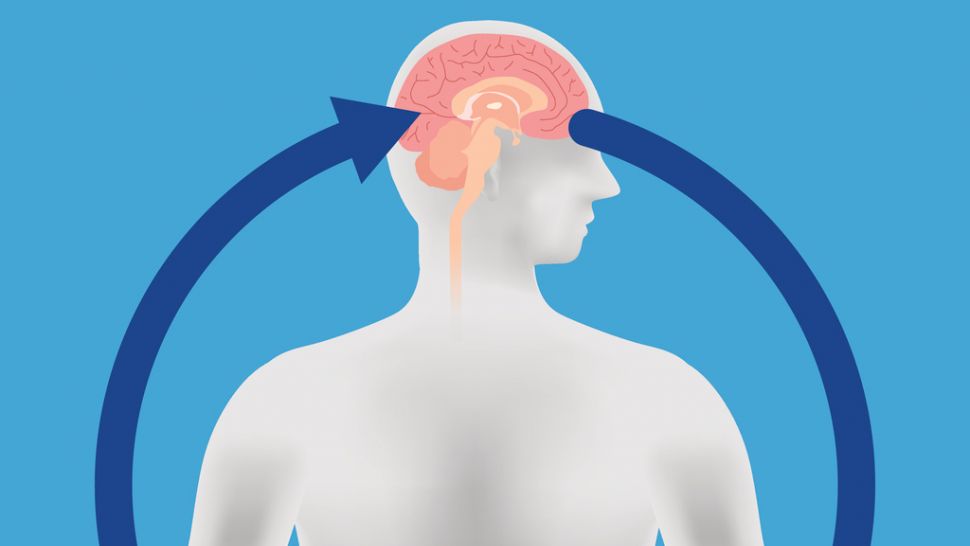The ability to read these lines is undoubtedly an indicator that our brain is functioning well, but there are vital signs that we do not owe solely to it. A new study suggests that humans actually have a second brain, and it’s located in the gut area. And it’s a lot smarter than we’d first guess given its location.
The anatomically so-called second brain is not even an approximate copy of the main brain but is a similar collection of millions of neurons. Forming a kind of matrix, they can control the work of the intestinal muscles autonomously, without the involvement of the central nervous system.
The neurons in question are located along the colon, connecting the small intestine to the rectum. In medicine, this structure is more often referred to as the enteric nervous system, but due to the fact that it can function independently and without control from the central nervous system, it has recently been called the second brain. Even if it sounds exaggerated, this name sufficiently fully characterizes the serious role of this huge group of neurons. They are involved in the maintenance of a number of important processes, and the control of the last stages of food processing in the intestinal tract is the most elementary of them. Details of the established functions of the human second brain were published in the journal JNeurosci at the end of May.
The presence and functions of this neural structure have been tracked using high-precision imaging methods. It has been established that it sends signals varying in intensity and frequency, with which it strictly regulates the movement of waste products through the colon and rectum until they are finally expelled from the body. The process is not unimportant, since any mistake in it can lead to serious intoxication and other negative health consequences.
The team traced the activity of the second brain in the human body, defined the structure as an independent neurological department, and referred to it as the enteric nervous system. Processes similar to those taking place in it are also observed in the early stages of the formation of the brain. However, according to scientists, this does not mean that the enteric nervous system is a secondary structure. On the contrary. They consider that it is evolutionarily older and developed before the central one. Thus, the complex of neurons in our intestinal system can be considered the “primary brain” of the human organism. I.e. the brain system in man, as well as in other mammals, developed as a means of providing nutrition as a basic life process and subsequently evolved into a more complex structure controlling every life process.
This is the first serious study devoted to enteric nerve endings in humans. Further studies are certainly forthcoming to establish all their particularities, which will require serious brain strain. Both brains.
